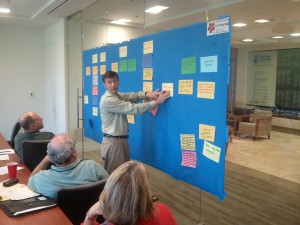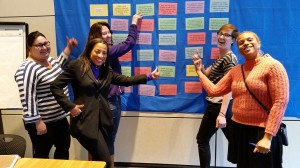28 Apr In the Mind of a Trainer
My first opportunity to deliver training was 30 years ago. The subject was conflict management and it was a direct outgrowth of my master’s degree of the same name. Turns out, I had a passion for training. Since then, I’ve delivered a variety of training programs to thousands of professionals in diverse roles inside and outside government.
The biggest challenge I’ve found when preparing for a training session is identifying a learning objective that is relevant and useful in enhancing people’s career or improving their job performance. Modern adult learning theory validates that those are the main reasons most professionals will engage in training. The other challenge is to make the session interesting, if not fun. Both challenges are pretty tall orders, which is why I find training to be so challenging, but rewarding.
One of the primary ways that I try to engage training participants is to make the session as interactive as possible. No one really likes to be lectured at, so keeping the “canned” part to a minimum and engaging the participants in discussions, exercises and role plays is key. I also find that the ability to inject humor, along with an occasional flair for the dramatic, goes a long way toward holding people’s interest and making the day seem a little less long. Believe me, going through training can be exhausting work for the trainee.
What I like most about the particular trainings I deliver is that for the most part they are really intuitive. By that, I mean the concepts and approaches are self-evident once they are brought to the participants’ attention – they just have never had anyone present it to them in a way that makes such obvious sense. For example, except for the curriculum of a few “helping professions,” most technical and professional education undermines the ability of people to empathize with others who lack their education. All of the jargon, acronyms and technical constructs tend to disconnect “experts” from “average citizens.” When interacting with the public, however, the ability to empathize with them is the single most important factor in whether you will be trusted. Teaching that concept to my trainees is both powerful and intuitive when demonstrated through exercises and role plays. By the end of the training, there are very few “non-converts.”
Perhaps my proudest accomplishment in the field of training was working with Marty Rozelle and Doug Sarno to create the original International Association for Public Participation (IAP2) certificate training program in public participation. We were looking for a training that was based on the organization’s core values, while at the same time, would be grounded solidly in practitioner experience. After much research, we decided such training did not exist and set about creating it ourselves, combining our fifty years of experience. We gifted our intellectual capital to IAP2 for its use as a tool to further the field as well as provide much-needed revenue for the organization’s sustainability. The training program was first delivered in 1999. Since then, the training has been expanded and refined by many other trainer-practitioners, translated into Spanish and French, and delivered in countries all over the world. Along the way to becoming an internationally recognized benchmark for public participation training, it also became the single greatest source of income supporting the IAP2. Marty, Doug and I proudly share that legacy.
Not surprisingly I guess, I find that I am doing more training than ever. Over the last few months I have provided public participation training to the Los Angeles Department of Transportation, the San Francisco Municipal Transit Agency and a variety of water and other utilities in the San Jose area. It’s a daunting task to stand up in front of a class for five days straight and make it worth their while, but the IAP2 material and training format is exceptionally strong. Furthermore, the trainees really like learning from someone who has been “in the trenches” full-time for the past 30 years. For me, it represents an opportunity to assist current practitioners and develop the next generation. What more could I ask for?


